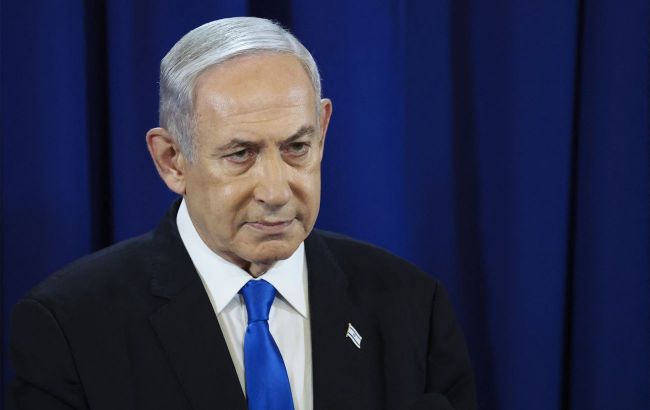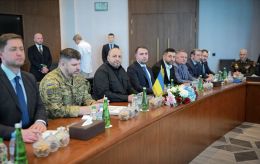Netanyahu’s ICC warrant faces possible G7 suspension amid Middle East crisis
 Israeli Prime Minister Benjamin Netanyahu (Photo: Getty Images)
Israeli Prime Minister Benjamin Netanyahu (Photo: Getty Images)
G7 leaders are facing a tough decision: whether to execute the International Criminal Court's arrest warrant for Israeli Prime Minister Benjamin Netanyahu or continue cooperating with him to resolve the Middle East conflict, Il Messaggero reports.
The wars in Gaza and Lebanon, along with escalating tensions with Iran, are driving Western nations to seek a compromise. Italian Foreign Minister Antonio Tajani emphasized that international obligations must be balanced with pragmatism.
"Arresting Netanyahu will not bring us closer to peace," he noted, adding that the Italian government leans toward a temporary suspension of the warrant while military actions are ongoing.
The G7 countries are divided on the issue. The United States, which does not recognize the jurisdiction of the ICC, is avoiding participation in the discussions. The United Kingdom, on the other hand, has adopted a strict stance, declaring its readiness to fulfill its obligations even if it requires arresting the Israeli leader. However, isolating Netanyahu could complicate achieving a ceasefire in the region.
Behind closed doors, Italy has proposed a "dual approach": respecting the ICC's decision while prioritizing diplomacy. According to Tajani, Italy aims to agree on conditions that allow Netanyahu to continue negotiations without facing arrest. Possible measures include granting immunity and limiting Netanyahu’s visits to Europe.
ICC warrant
Last week, the ICC issued arrest warrants for Israeli Prime Minister Benjamin Netanyahu and former Defense Minister Yoav Gallant.
The decision triggered sharp criticism from Israeli authorities: the country's president and government accused the ICC of bias and antisemitism. The United States also condemned the court's actions, expressing disagreement with the issuance of the warrants.
Meanwhile, Canada and several European nations have indicated they might take steps to enforce Netanyahu’s arrest warrant.

